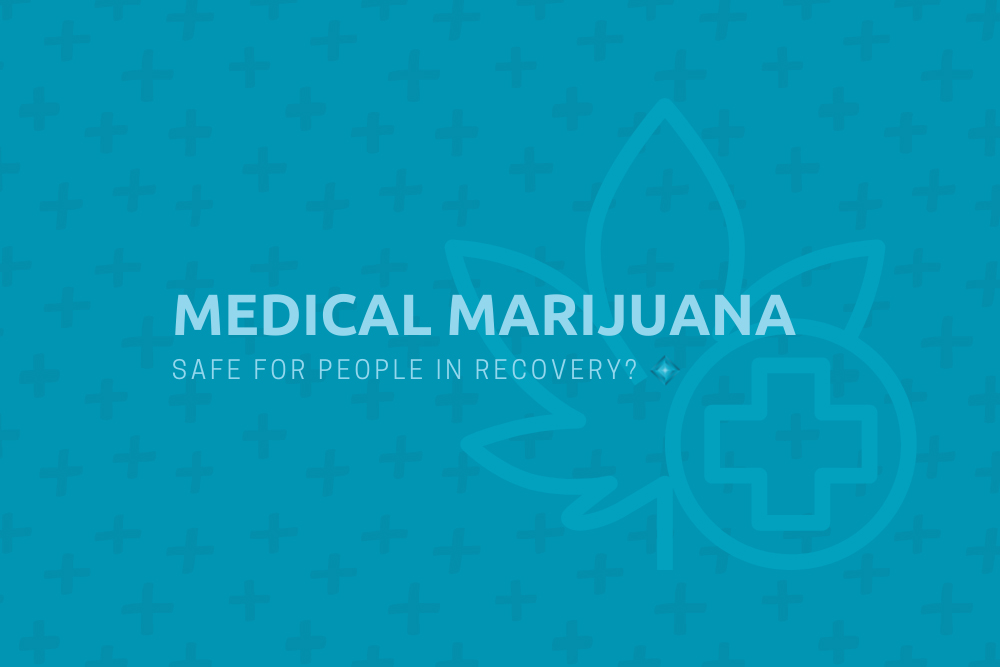Thirty-eight U.S. states and several territories have legalized medicinal marijuana. However, at the federal level, it is still a Schedule I drug under the Controlled Substances Act, which means the FDA and DEA have declared its potential for abuse outweighs any potential benefits it could have. If you are working on maintaining sustained sobriety after overcoming a struggle with substance abuse, here’s what you should know.
Is Medicinal Marijuana Safe for People in Recovery?
Marijuana’s placement on Schedule I has limited the amount of available research into the hundreds of compounds that make up the plant, so there are still many unknowns about how cannabis interacts with the human brain and body. While proponents of medical marijuana claim it is beneficial for a wide range of conditions, from epilepsy to nausea, there’s still a risk of developing a marijuana use disorder, even if you only use it to manage specific symptoms.
Because cannabis is easily available in so many harmless-looking forms, like tinctures and candy, some people experiment with medicinal marijuana without realizing how quickly they can develop a psychological dependence. That’s especially true if you already have a problematic relationship with other drugs, because the patterns of abuse have previously hardwired themselves into your brain.
In addiction recovery, your health should remain your highest priority. Be honest with any health care providers you see, and ensure they know you are working on your sobriety. That way, they can make a note on your record not to prescribe you medicinal marijuana or other potentially addictive drugs. Ask your doctor to recommend alternative ways to manage your symptoms, or seek a second opinion.
What Makes Marijuana Addictive?
The primary compound that causes marijuana’s psychoactive effects is called THC, and the National Institute on Drug Abuse has warned that products sold in dispensaries may have much higher concentrations of THC than in the past. When someone smokes or ingests cannabis, THC interacts with their endocannabinoid system, leading to mood changes, impaired memory and an altered sense of time and reality. For people in recovery, any substance that changes the brain in these ways can be dangerous to use.
Even when used for strictly medicinal purposes under a doctor’s supervision, marijuana can cause you to develop a tolerance, which means you’ll need increasingly higher doses to experience the same effects. Once your brain gets used to having regular exposure to THC, your natural production of endocannabinoid neurotransmitters will decline. At this point, you will probably experience cravings and withdrawal symptoms when you aren’t using medicinal marijuana. You may even consider returning to your original substance of use.
Achieving Lasting Recovery at New Found Life
For many people, a relapse is part of their recovery journey. Becoming dependent on medicinal marijuana can be frustrating, but it doesn’t mean you’ve failed. Instead, it indicates that you need to get back on a healthy path and take an approach that more fully addresses the root causes of your issues. At New Found Life, we are here for people making a fresh start. We’ve been providing addiction treatment in Long Beach since 1993, offering comprehensive, evidence-based services from medically managed detox through intensive outpatient and continuing care. To learn more about how we can help you overcome a substance use disorder, request help today.

